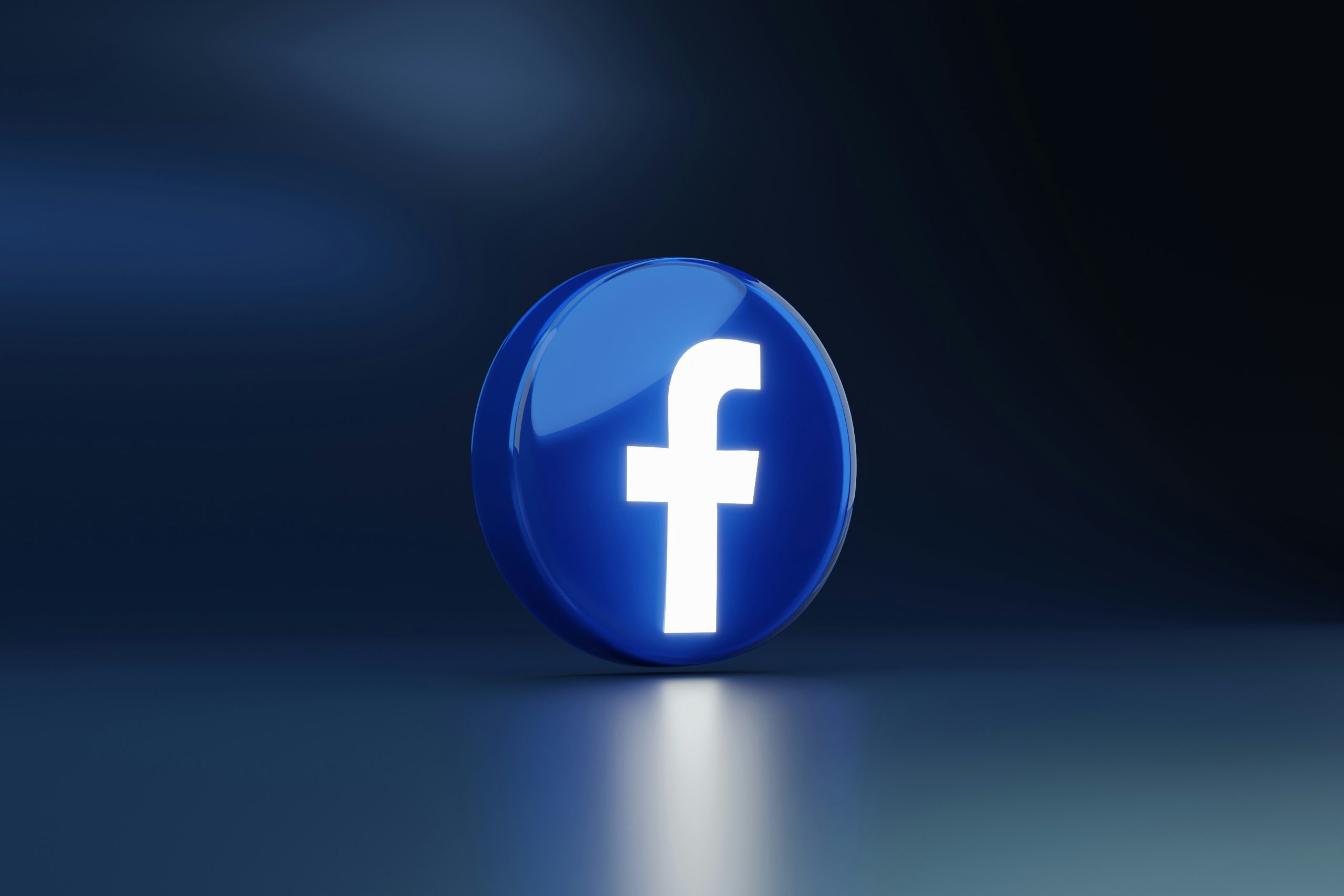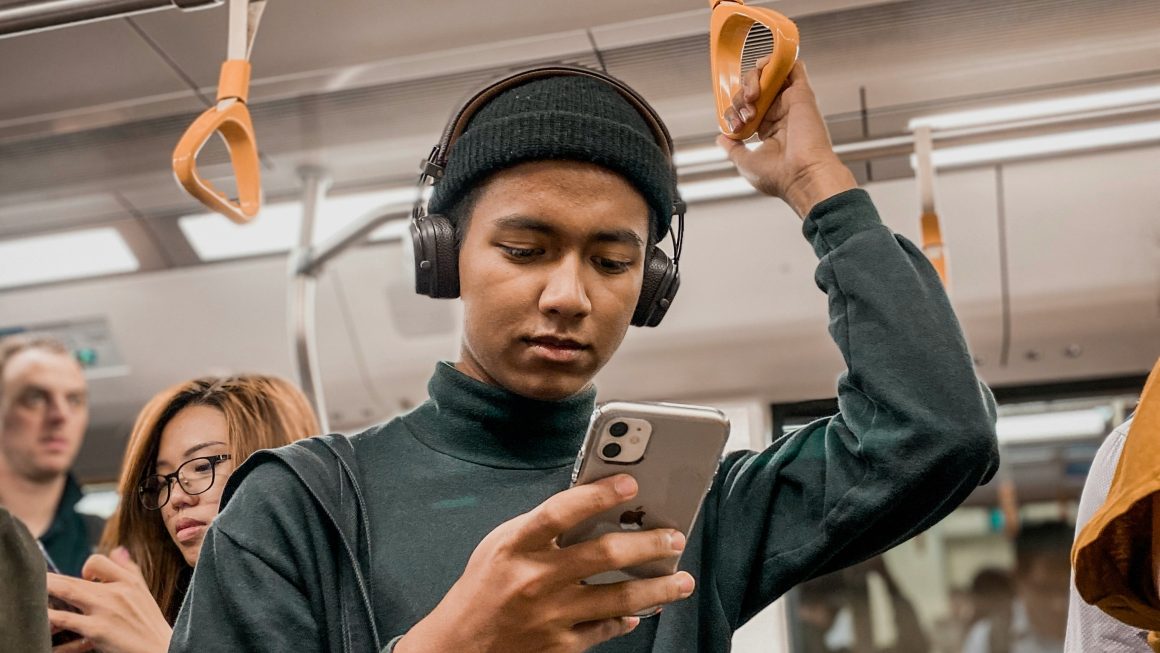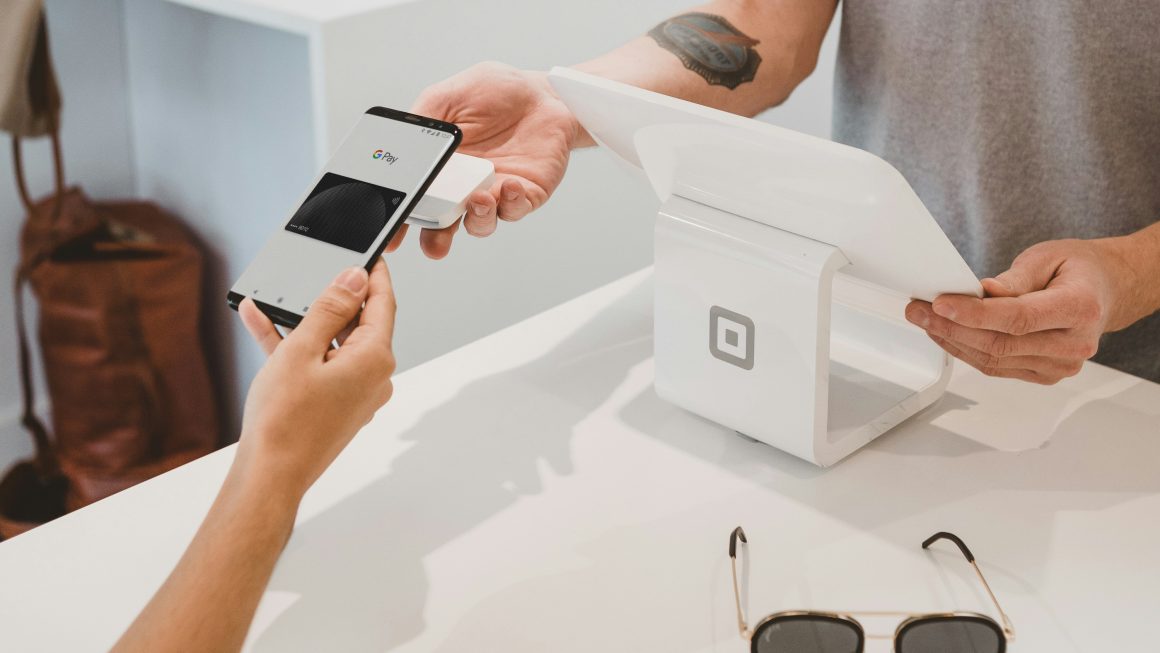In a world where social media notifications dictate our daily rhythms, the thought of deleting the Facebook app from your phone can feel like contemplating a digital detox—both exhilarating and terrifying. Imagine waking up to a morning free from endless scrolling, where you reclaim those precious minutes spent on curated feeds filled with memes, updates, and virtual likes. But what exactly happens when you make that bold move? Is it liberation or isolation?
As your finger hovers over the delete button, it’s essential to consider not just the immediate impact on your screen time but also how this decision might ripple throughout your life. Will your friends notice? Will FOMO (fear of missing out) rear its ugly head? Or could this choice lead you down a path of rediscovery, reconnecting with hobbies or relationships that have quietly gathered dust in the shadows of your news feed? Join us as we explore the multifaceted consequences—both anticipated and surprising—of severing ties with one of the most pervasive apps in modern society.
Immediate Effects on Your Phone
Deleting the Facebook app from your phone can lead to a remarkably swift transformation in your digital landscape. First and foremost, you may notice an immediate surge in your device’s performance. Without the heavy lifting of continuous background data syncing, notifications, and other processes that Facebook demands, your phone may operate more smoothly and with increased battery life. Many users report feeling a sense of relief as their devices run faster without the social media giant constantly vying for attention.
Beyond technical improvements, there’s also a profound psychological impact worth considering. The absence of incessant notifications can cultivate a newfound space for mindfulness, allowing you to engage more fully with the world around you rather than being tethered to virtual interactions. This newfound freedom invites exploration—perhaps you’ll pick up an old hobby or dive deeper into relationships that matter most. In this way, deleting the app isn’t just about reducing screen time; it becomes an opportunity for personal growth and re-establishing genuine connections beyond the confines of curated feeds and ephemeral likes.
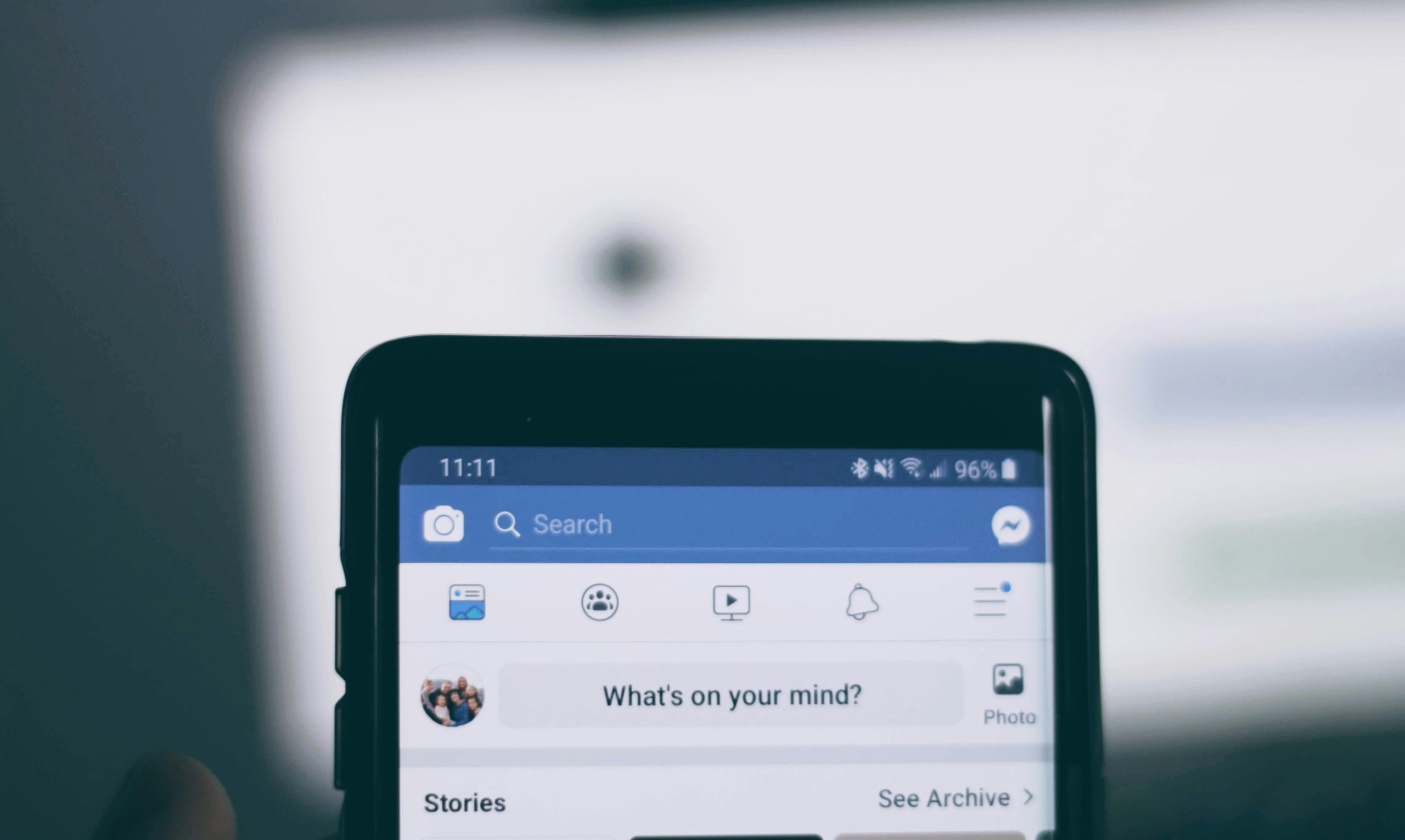
Accessing Facebook Through Mobile Browser
Accessing Facebook through your mobile browser can open up a refreshing perspective on social media usage. Without the clutter of app notifications and updates, you might find that using your browser allows for a more focused experience. This method not only reduces distractions but also provides versatility; you can seamlessly switch between various sites while keeping your Facebook activities in check. Plus, it’s an excellent opportunity to free up storage space on your device, enhancing overall performance without sacrificing connectivity.
Moreover, browsing Facebook via mobile may also encourage mindful engagement with content. Instead of being lured into endless scrolling by the app’s algorithmic suggestions, you can set intentional limits by simply logging in when desired. This approach fosters better control over what you consume and how much time you spend on the platform. Additionally, many users report greater satisfaction from this stripped-down experience—fewer features mean less temptation to dive down rabbit holes of content that don’t align with their interests or values. By choosing to connect through a browser instead, you embrace a more deliberate way to interact with friends and communities online.
Notifications and Alerts After Deletion
Once you delete the Facebook app, the notifications and alerts that once dominated your screen will undergo a significant transformation. Initially, you may find yourself missing those instant updates about friends’ activities or page interactions. However, this shift can lead to a newfound clarity; your device becomes less cluttered, allowing space for more meaningful interactions and other apps that enrich your daily life. It’s an opportunity to redefine what notifications truly matter—after all, the digital noise can distract even the most focused among us.
Interestingly, social media platforms like Facebook have adeptly integrated alerts into their ecosystem as a means of keeping users engaged. After deletion, you’re likely to observe how often you check for updates out of habit rather than necessity. The pull is compelling—yet resisting it opens doors to genuine connections outside of a scrolling feed. Embracing this new dynamic can foster deeper relationships with loved ones through personal calls or meet-ups instead of relying on likes or comments as gauges of connection. In essence, breaking free from real-time notifications not only liberates your time but also reshapes how you interact with both technology and people in the physical world around you.
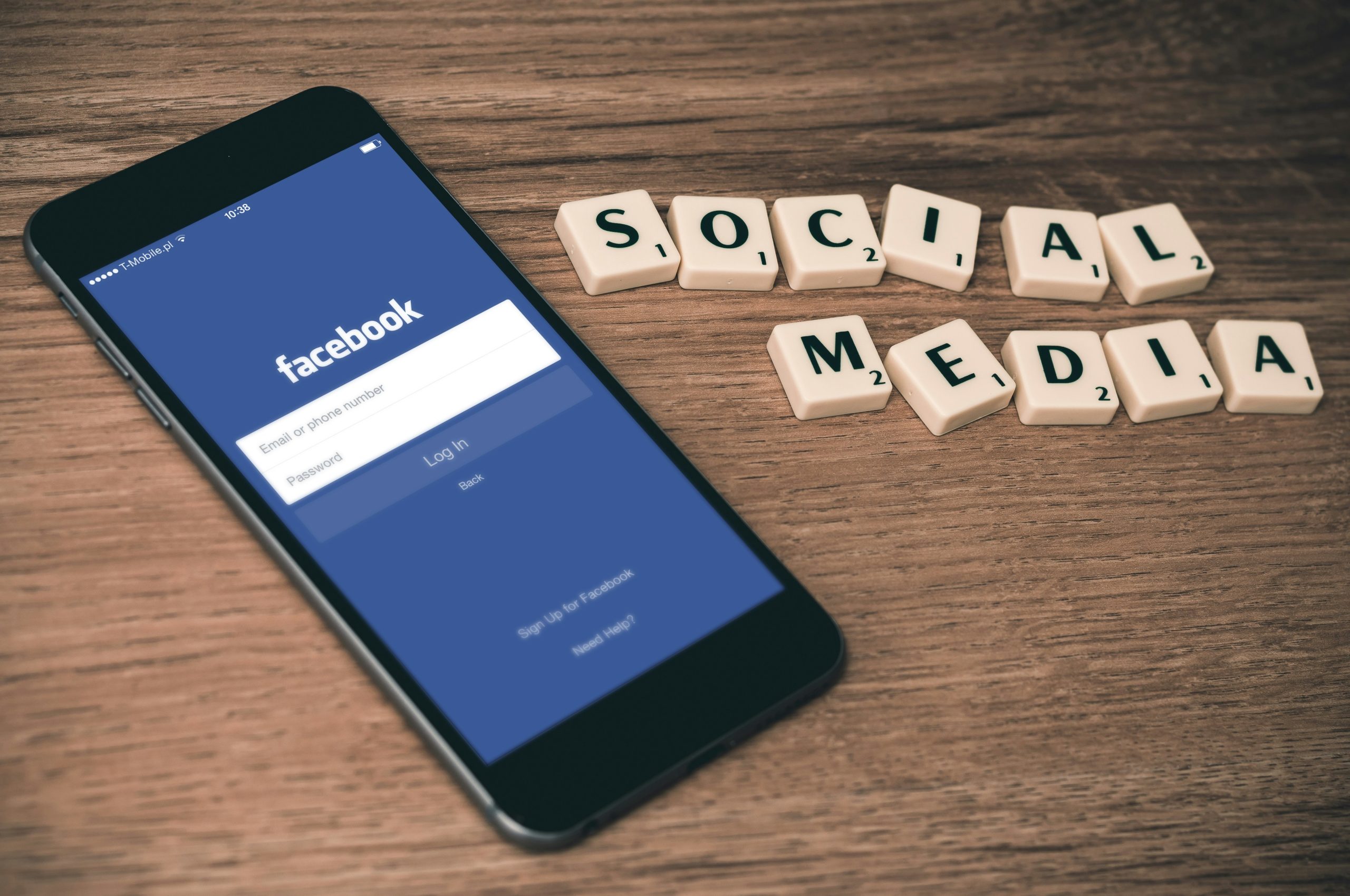
Data Privacy: What Happens to Your Data?
When you delete the Facebook app from your phone, many users assume their relationship with the social media giant is severed entirely. However, data privacy complexities reveal a different story. Even after deletion of the app, Facebook retains personal data linked to your account—such as messages, interactions, and even information gathered through third-party apps that integrate with its services. Essentially, while the digital footprint might feel smaller without the app on your device, the vast networks of data collection ensure that traces of your activity linger.
Moreover, consider how interconnected our digital lives have become. Deleting Facebook may seem like a critical step towards reclaiming your privacy, but it’s often merely scratching the surface. Your online behavior can still be tracked through cookies and ad profiles across other websites and apps that spread their tentacles far beyond any single application. Thus, it becomes crucial to understand not just what data remains on platforms like Facebook after account deletion but also how intertwined those networks are with other services we frequently use—and how we may unwittingly leave behind breadcrumbs of our online selves even when attempting to erase them altogether.
Reinstalling the App: What to Expect
Reinstalling the Facebook app after a hiatus can feel like stepping back into a familiar yet evolved world. As you initiate the download, expect not just a simple re-entry into your social network, but also an invitation to rediscover features you may have overlooked before. The app prompts you to set up notifications tailored specifically for your preferences, ensuring you’re constantly in the loop about events and updates that matter most to you. It’s almost as if Facebook has collected feedback from users collectively and fine-tuned its experience based on what resonates best.
You might be pleasantly surprised by how much smoother the interface feels upon reinstallation. With regular updates aimed at enhancing user experience, you’ll encounter new functionalities like enhanced privacy settings and revamped algorithms designed to curate content that aligns with your interests more effectively than before. However, don’t forget that all of this comes with new choices—preferences have evolved since your last visit, so take time to customize what appears on your feed and how interactions are managed. Embracing this fresh start allows you not only to engage with friends but also gives you control over how that engagement unfolds in today’s dynamic digital landscape.
![]()
Alternative Ways to Stay Connected
While the Facebook app may be a primary platform for social interaction, deleting it can open the door to alternative methods of staying connected that are equally rich and fulfilling. Consider exploring smaller social media platforms like Discord or Reddit, which foster community through interest-driven discussions rather than general updates. These spaces allow for meaningful interactions where users can engage with others who share similar passions or hobbies, leading to deeper connections beyond surface-level likes and comments.
Moreover, embracing traditional communication methods in a digital world can also enhance relationships. Simple tools like handwritten letters or postcards provide a personal touch that often gets lost in instant messaging. Setting up regular video calls or virtual game nights with friends helps maintain connections while creating shared experiences that are more engaging than scrolling through feeds. By diversifying how you connect with others, you not only enrich your social life but also reclaim time spent on mindless scrolling—cultivating mindfulness and intentionality in your relationships.
Conclusion: Weighing Pros and Cons of Deletion
When contemplating the deletion of the Facebook app, it’s essential to assess both sides of the equation. On one hand, removing the app can significantly reduce feelings of anxiety and FOMO (fear of missing out), allowing users to reclaim their time and mental space. This reprieve from constant notifications might lead to newfound productivity or even spark a desire for real-life connections that social media often overshadows. However, this step isn’t without its drawbacks; missing out on important updates from friends, family events, or community groups may leave some feeling isolated.
Moreover, consider how deleting the app could impact your digital presence and connectivity with various networks. Many people rely on Facebook for access to marketplace listings, local happenings, and event planning tools that other platforms may not replicate effectively. Balancing these considerations—mental well-being against potential social disconnect—is crucial in making an informed decision about what works best for you personally. Ultimately, it’s about aligning your online habits with your life goals while recognizing that sometimes taking a step back could pave the way for deeper connections outside the screens we so often find ourselves glued to.

